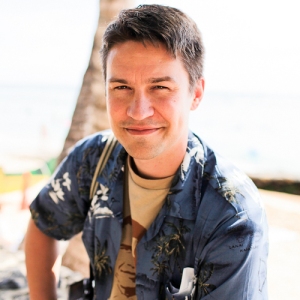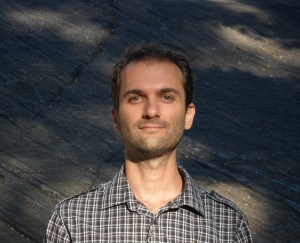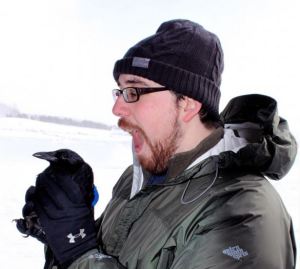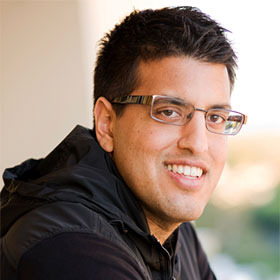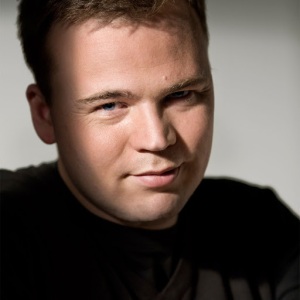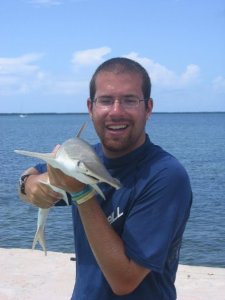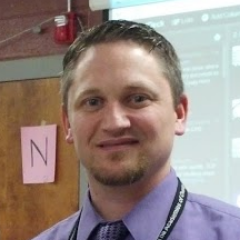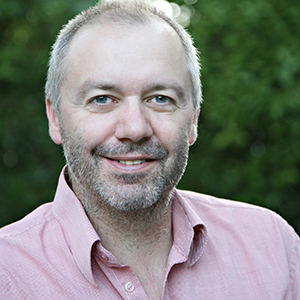Our first #Sciencechat was an outstanding success. Special thanks to Experiment who hosted the event from their handle @lets_experiment.
There were over 2K Tweets with the hashtag #sciencechat on this night. Special thanks to @brianglanz for crafting up some quick data on the chat participation.
3,483,453 Impacts
839,330 Reach
555 Contributors
250 Links & pictures
#1 Trending topic on Twitter for the night
Below are the members of our experts panel, this could not have happened with out them. Once again, many thanks! More to come..
Elizabeth Iorns
Elizabth is an Australian scientist, entrepreneur and researcher, and the founder and CEO of Science Exchange(@ScienceExchange) a Silicon Valley start-up which operates a platform to allow scientists to outsource their research to scientific institutions such as university facilities or commercial contract research organizations. She tweets @elizabethiorns
Brian Glanz
Brian founded and directs the Open Science Federation, and is the Director of Technology for SciFund Challenge. Brian herds the open source cats who make it work for SciFund and through OSF, hundreds of other science blogs, sites, and networks. He tweets @brianglanz and with the other cats @openscience.
Ethan Perlstein
Ethan spent five years creating a sub-field of research that he calls evolutionary pharmacology. He is now an entrepreneur as founder and CEO of PerlsteinLab(@PerlsteinLab) and an aspiring orphan drug discoverer/indie scientist. He shares his wisdom @eperlste
Unidan (Ben Eisenkop)
Ben is a biologist who is known for providing pertinent scientific information in Reddit threads regarding biology or ecology, often introducing himself with the declaration “biologist here!” He is so popular users created a subreddit dedicated to him! He Tweets @UnidanBiology
Naveen Jain
Naveen is an entrepreneur and CEO of SparkArt as well as CMO and co-founder of the “Immunity Project” developing the first free HIV/Aids vaccine in the world. Catch him @NaveenSpark
Benjamin Higginbotham
Ben is Video Admin at SpaceX and Executive Producer of SpaceVidCast a live weeklyHD video podcast making Space Commonplace. Talk space with him @bencredible or @Spacevidcast
David Shiffman
David is a shark scientist based out of Miami. His time is divided between educating the public about sharks, spending days at a time at sea playing with sharks, and eating horribly unhealthy foods. Ask him sharks questions @WhySharksMatter
Adam Taylor
Adam Taylor teaches biology, zoology, and physical science at John Overton High School in Nashville TN. He loves using instructional technology to engage students. Adam is also the lead coordinator for Teachmeet Nashville & founder of SciStuChat a monthly Twitter chat between scientist and highschool students. You can reach him at @2footgiraffe
Tricia Shelton
Tricia is a NSTA Distinguished Teacher Award Winner and part of the NGSS Implementation team. Her mission is to provide opportunities for students to communicate beyond the classroom walls – encouraging students to think and act like scientists. She Tweets @TdiShelton
Peter Binfield
Pete has worked in the academic publishing world for almost 20 years. Since gaining a PhD in Optical Physics, he has held positions at Institute of Physics, Kluwer Academic, Springer, SAGE and most recently the Public Library of Science (PLoS). At PLoS he ran PLoS ONE, and developed it into the largest and most innovative journal in the world. He is passionate about academic publishing and believes that publishing needs to be in service to the academic community to best facilitate the rapid and broad dissemination of research findings. @p_binfield
Chris Gunter
Chris is a Geneticist & master science communicator. She is founder of Girl Scientist Consulting Services providing science editing at all levels, social media and communications. She assists authors with submissions and revisions as well as press preparation. She is holds various posts for Genome Research, American Society of Human Genetics and Double X Science. @girlscientist

